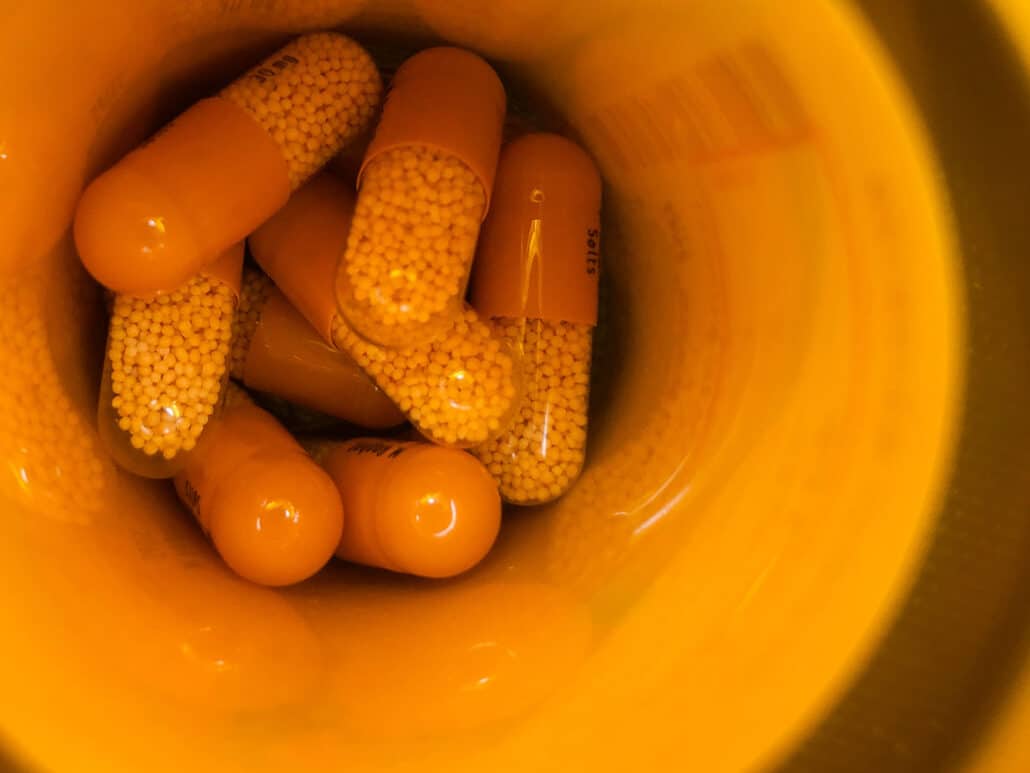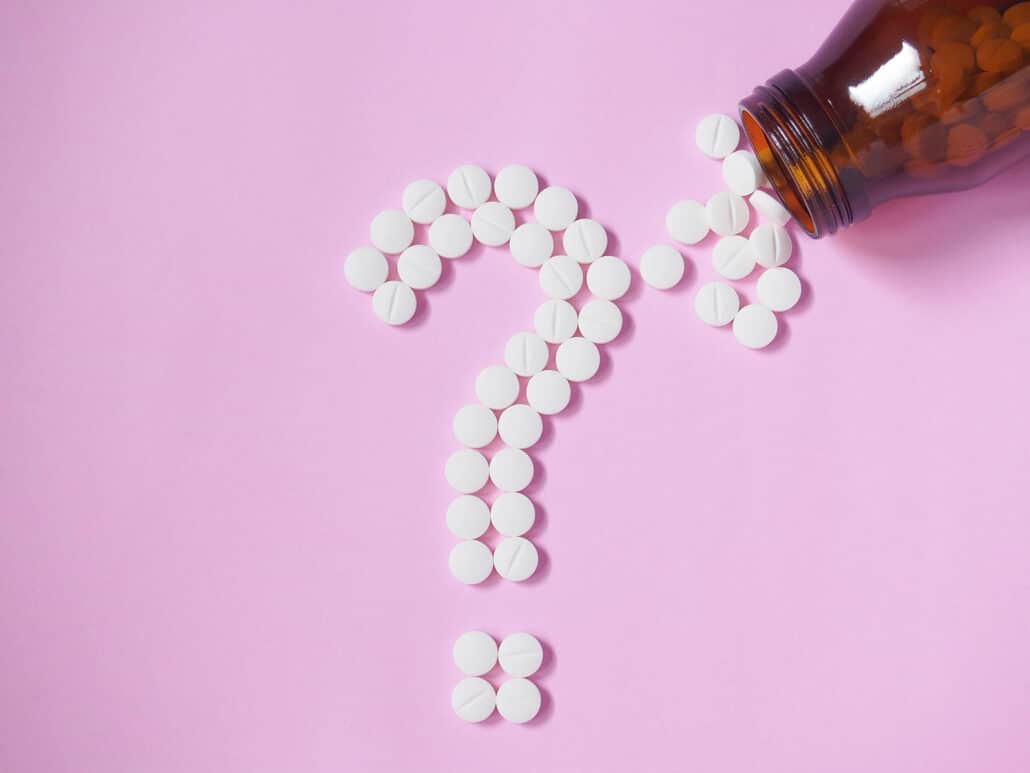In the Adderall vs Dexedrine debate, people wonder which one is better. Adderall and Dexedrine are similar, and they cause similar side effects, but they are not exactly the same. One thing that both medications have in common is that they can be addictive, and it can be extremely difficult for people to stop using Adderall or Dexedrine in their adult years. If you or a loved one are having difficulties with Adderall or Dexedrine, you can get help for your dependence on these substances.

Table of Contents
- 1 Adderall vs Dexedrine: The Similarities and Differences
- 2 What Is Adderall?
- 3 What Is Dexedrine?
- 4 What Is the Dosage of Adderall?
- 5 What Is the Dosage of Dexedrine?
- 6 What Are the Side Effects?
- 7 What Are the Risks?
- 8 What Are the Warnings Associated with Adderall vs Dexedrine?
- 9 What Is the Outlook?
- 10 Coping with the Comedown: Managing the Adderall Crash
Adderall vs Dexedrine: The Similarities and Differences
Adderall and Dexedrine are medications prescribed to relieve the symptoms of attention-deficit hyperactivity disorder or ADHD and narcolepsy.
What Is Adderall?
Adderall is a prescription medication that stimulates the central nervous system. It is classified under Schedule IIN of the Controlled Substances Act by the Drug Enforcement Administration because it has a strong potential to be abused. It may lead to severe physical or psychological dependence.
Adderall is a medication that consists of amphetamine salts. The active ingredient found in Dexedrine is also part of the formula used for Adderall, but Adderall has two other amphetamines. It works similarly to Dexedrine, but physicians have the ability to prescribe Adderall in additional doses. It can also be prescribed as an immediate-release or an extended-release tablet.
What Is Dexedrine?
Dexedrine has several things in common with Adderall. It is also a medication that stimulates the central nervous system that doctors prescribe for the treatment of ADHD. Like Adderall, Dexedrine is a Schedule IIN controlled substance. It also treats narcolepsy.
Dexedrine is a type of amphetamine, and amphetamines stimulate the release of norepinephrine. This mostly takes part in the cerebral cortex of the brain. When the central nervous system or CNS is stimulated, the person experiences less fatigue, enjoys a better mood and feels more alert. The amount of motor activity also increases.

What Is the Dosage of Adderall?
Adderall is a tablet, and it may be taken two or three times per day. The patient must take the first dose upon waking. The second and the third doses are to be taken four to six hours apart. It doesn’t need to be taken with food.
According to the FDA, children from the age of three until the age of five may receive a prescription for 2.5 milligrams each day. If an additional dose is needed, the physician may increase the dose by 2.5 milligrams each week as needed.
A physician initially prescribes 5 milligrams of Adderall for children six years of age and above. This dose is to be taken one or two times per day. The doctor may increase the dose by 5 milligrams as needed.
What Is the Dosage of Dexedrine?
Dexedrine is a capsule, and the person only needs to take it once in the morning. Because Dexedrine is an extended-release capsule, only one dose is required for the day.
Children from age three until age five also receive 2.5 milligrams of Dexedrine per day. This will be increased by 2.5 milligrams each week if it is needed.
Children six years of age and above receive an initial dose of 5 milligrams to be taken once or twice daily. The physician may increase the dose by 5 milligrams every week as needed. The most that children receive for a daily dose is 40 milligrams.
What Are the Side Effects?
The side effects of Adderall include the following:
- Weight loss, loss of appetite, or hair loss
- Fever
- Vomiting, nausea, stomach pain, constipation, or diarrhea
- An unpleasant taste in the mouth or dry mouth
- Insomnia
- Agitation, irritability, or restlessness
- Blurred vision, dizziness, weakness, or headache
- Difficulties having an orgasm, loss of interest in sex or impotence
Adderall may also cause serious side effects that require people to stop taking the medication and inform their doctors. These include the following:
- Extremely high blood pressure along with seizures, uneven heartbeats, shortness of breath, chest pain, confusion, anxiety, ringing in the ears, and severe headache
- Twitching muscles, unusual behavior, hallucinations or tremors
- Extreme sadness or extreme happiness or being more talkative than usual
- A burning sensation while urinating
- A pounding with heart uneven beats
Adderall also causes an allergic reaction with the following side effects:
- Swelling of the throat, tongue, lips, or face
- Difficulty breathing
- Hives
Dexedrine may cause the following serious side effects:
- Prolonged or frequent erections
- A large, unexplained weight loss
- Extreme tiredness
- Swelling of the feet or ankles
- Verbal outbursts
- Muscle shaking or twitching
- Uncontrollable movements
- Suicidal ideation, abnormal thoughts or behavior, hallucinations, depression, mood swings, aggression or agitation
- Sensitivity to temperature, pain, numbness, or a change in color of the toes or fingers
What Are the Risks?
Both Adderall and Dexedrine come with several risks, and before a physician prescribes Adderall or Dexedrine for you or a loved one, he or she must take your family history. For example, there is a risk that Adderall or Dexedrine increases the risk of sudden death, myocardial infarction, and strokes in adults and children. If the patient has a pre-existing heart condition, the drugs increase this risk even further.
Drugs that stimulate the CNS are associated with hypertension and increases in the heart rate. If patients have pre-existing psychiatric disorders, Adderall and Dexedrine may exacerbate the behavioral disturbances in these people. For example, a person diagnosed with bipolar disorder may experience mania or both mania and depression while taking stimulants.

Studies have shown that prolonged use of stimulants suppresses growth in adolescents and children.
What Are the Warnings Associated with Adderall vs Dexedrine?
Patients must inform their physicians if they are experiencing blood circulation issues, mental or mood conditions, personal or family history of heart problems, a personal history of seizures, glaucoma, hyperthyroidism, hypertension or stroke. If they have a personal or a family history of substance use disorder or uncontrolled muscle movements, they must remember to inform their physicians.
Adderall or Dexedrine may cause users to become dizzy, but if the person also uses marijuana, the dizziness may be even more severe. Your loved one will be advised to avoid operating heavy machinery until he or she can do it safely. The patient will also be advised to limit the amount of alcohol that he or she drinks.
The patient must inform his doctor or dentist that he is taking stimulants before he has surgery.
Children are more likely to experience the side effects of Adderall or Dexedrine than adults. Weight loss is one side effect that children are highly likely to experience. The child’s physician may tell him to stop taking Adderall for a little while to reduce the possibility of slowing down the child’s growth pattern.
What Is the Outlook?
At the current time, physicians prescribe Adderall and Dexedrine more than any other medication to treat ADHD. They both contain amphetamine as the active ingredient. The two forms of amphetamine that Adderall contains are the most active forms, but the form that Dexedrine contains is the most potent form. Therefore, people taking either Adderall or Dexedrine react to the medications in similar ways.
In the event that one medication isn’t effective for a patient, the physician will prescribe another type of amphetamine-based medication.
Coping with the Comedown: Managing the Adderall Crash
People must not stop taking Adderall without informing their physicians first. That is because withdrawal symptoms occur after someone suddenly stops taking the drug. When people suddenly stop taking Adderall, it creates what is known as the “Adderall crash.”
Symptoms of the crash include the following:
- Suicidal tendencies
- Panic attacks
- Depression
- Unhappiness
- Fatigue
- Anxiety
- Irritability
- Extreme hunger
- Vacillating between insomnia and sleeping too much
- Cravings for Adderall
Some people use Adderall in a manner that was not prescribed by their doctors, and they are most likely to experience the Adderall crash. If someone has been taking large doses of Adderall, he or she is also susceptible to experiencing the Adderall crash.

If you or a loved one are experiencing the withdrawal symptoms listed above, you must contact your physician. These withdrawal symptoms will make it very possible that you will use Adderall or other substances again. You must allow your doctor to observe you while you are withdrawing from Adderall. If you begin to experience serious symptoms, your doctor can treat you for these symptoms.
Unfortunately, the medical community doesn’t have a medication that can relieve the withdrawal symptoms, so you will need to endure them until they have subsided completely. This may take a couple of days, but it could also take a few weeks.
Undergoing the detox process can be extremely uncomfortable for you or your loved one. The best plan is to enter a rehabilitation facility if you or a loved one are experiencing Adderall or Dexedrine withdrawal symptoms. You or your loved one will receive care from the nurses and doctors in the detox program and then you will obtain treatment for your psychological addiction.
To receive help with a dependence on Adderall, Dexedrine or other substances, contact us at Long Island Interventions. We are here to assist you.
Published on: 2022-05-30
Updated on: 2024-03-08

